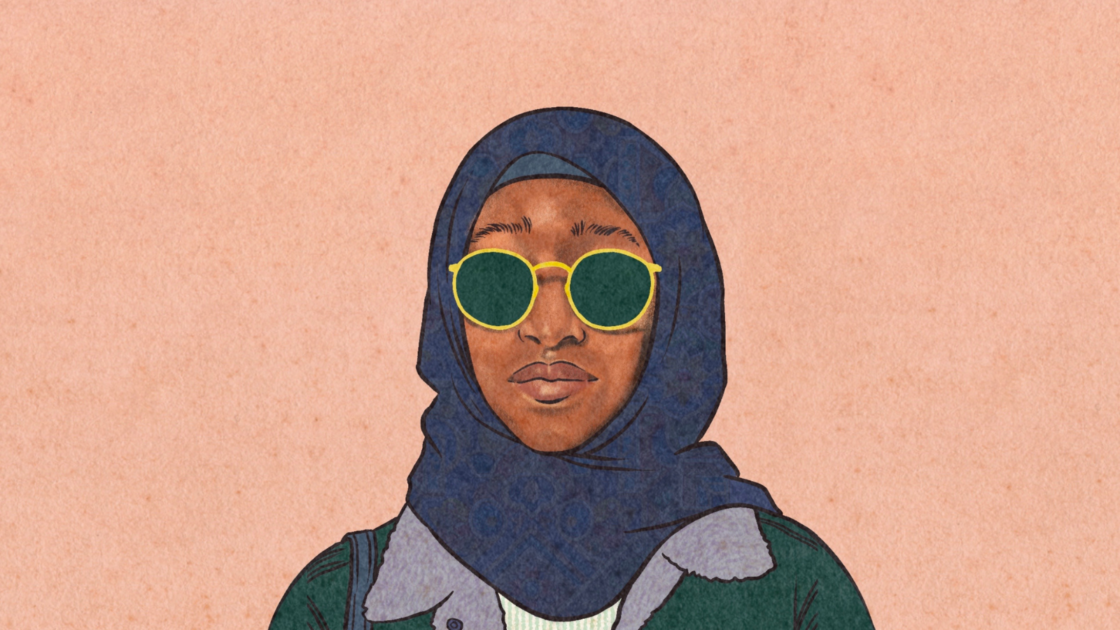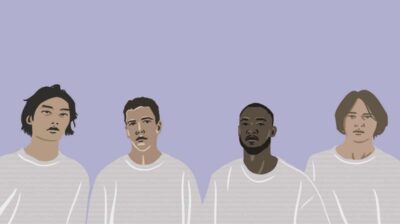My experience with microaggressions
Fatima talks about how she’s experienced racism in the form of microaggressions. She discusses how everyone can combat it.

My name is Fatima Elzahra Ismail. I’m 17 years old and I have been living in Ireland for six years. I can’t say that I have been subjected to “old-fashioned” racism in Ireland, however, I can say that I have experienced microaggressions. Honestly, I think Irish people are some of the nicest individuals I’ve met, but implicit bias is present within every individual which can lead to various forms of microaggressions.
Understanding microaggressions
Microaggression is a term that can be used to describe a statement, action, or incident regarded as an instance of indirect, subtle, or unintentional discrimination against members of a marginalised group such as a racial, religious, or ethnic minority. Microaggressions are remarks that tend to fly under the radar and are simply brushed off. An important thing to understand is that microaggressions are not just isolated to one setting; rather they manifest into many different forms throughout society.
Intersectional identity and examples of microaggressions
As a Black, Muslim, and Middle Eastern woman, experiencing microaggressions is not a foreign concept to me anymore. Sometimes I feel like my intersectional identity challenges stereotypes as some people wonder how someone can be black and Middle Eastern at the same time. The complexities of an intersectional identity make the experiences of microaggressions even more pronounced.
Many people assume that just because I wear the hijab I am oppressed or submissive but that’s simply not true. Once, while in a pharmacy, I enquired about a hair product that they did not have but then one of the workers said: “We don’t sell stuff like that but I suggest you go into the African shop as they have products for people that look like you.” I was stunned by this comment.
An interesting example of a microaggression is that it can be internalised. Internalised microaggression entails believing in certain stereotypes related to your own identity that may be detrimental to your mental well-being. I’ve lost count of how many times I’ve heard the phrase “You listen to white people’s music?” directed at black people who listen to artists such as Taylor Swift.
The similarities and differences between microaggressions and implicit bias
Microaggression and implicit bias are very similar to each other but there is a slight difference between the two. Microaggressions are specific instances of people’s inner prejudice, and they can contribute to feelings of exclusion and invalidation.
Implicit biases are more subconscious and influence perceptions and behaviours more broadly. While they may not have immediate observable effects like microaggressions, they can contribute to systemic inequality and discrimination over time.
An example of microaggression could be a coworker approaching a black colleague saying, “You’re so smart for a black person.” In contrast, an example of implicit bias is if a manager favours job candidates to those who share similar backgrounds or experiences to their own, despite believing in the importance of diversity and inclusion.
Impact on mental health and well-being
When it comes to microaggressions, it’s critical to understand that they can link to mental health problems and psychological trauma. The accumulation of microaggressions is what can take a toll on a person and slowly erode their confidence. Constant exposure to microaggressions can lead to high levels of stress, anxiety, and depression. This can also lead to individuals internalising negative images of themselves, making them feel inadequate, and can feed into imposter syndrome. Studies show that microaggressions can lead to suicidal ideation. We call it “micro” aggression but the effects are realistically not so micro.
Coping strategies
What makes microaggressions difficult to speak up about is that often, if you say something, you might be called “sensitive”, “overly aggressive”, or someone who “can’t take a joke”. One coping strategy I use is to remind myself that my feelings are valid and no one has the right to invalidate my own experiences. Additionally, seeking support from family and friends also helps me process my emotions. Activities like meditation, exercise, or creative outlets can also be a healthy way of managing stress and promoting emotional well-being.
We all need to stop being so nonchalant about microaggressions. Our language is filled with slang which may sometimes have an origin of much bigger societal issues such as racism, poverty, and more. It’s imperative to pause and think before we speak and consider the impact of our words. We should take the time to research and educate ourselves about microaggressions, and how we can create more inclusive environments.
Feeling overwhelmed and want to talk to someone?
- Get anonymous support 24/7 with our text message support service
- Connect with a trained volunteer who will listen to you, and help you to move forward feeling better
- Whatsapp us now or free-text SPUNOUT to 50808 to begin.
- Find out more about our text message support service
If you are a customer of the 48 or An Post network or cannot get through using the ‘50808’ short code please text HELLO to 086 1800 280 (standard message rates may apply). Some smaller networks do not support short codes like ‘50808’.






